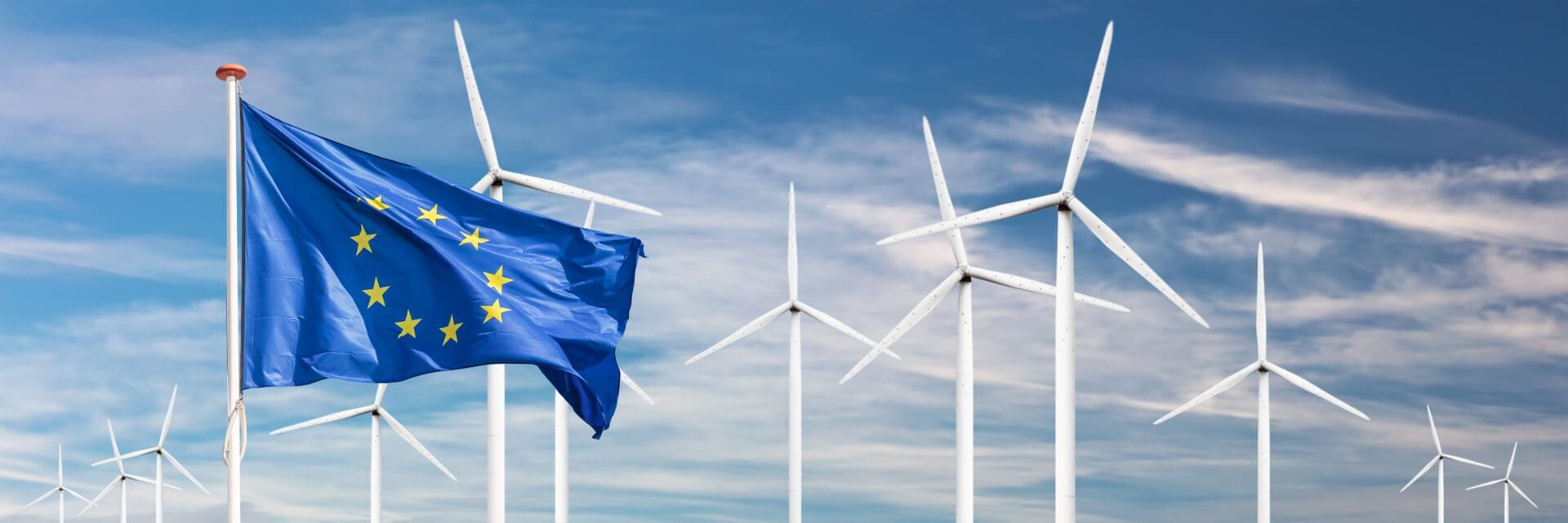In an interview with the Hungarian public media on Sunday, Hungarian Energy Minister Csaba Lantos stated that enhancing energy sovereignty is a top priority. The fill level of gas storage facilities is very high both in Europe and in Hungary as a result of the mild winter’s low gas consumption, Lantos continued.
Although Russian gas is presently still being imported into Europe, Csaba Lantos said it is possible that the war may go on for a while and that gas prices would increase.
In response to European Commission President Ursula von der Leyen’s assertion that up to 30 billion cubic metres of gas may be missing from the market, the minister said that approximately 25 significant LNG terminals that can accept LNG from other continents are now being built in the EU. ‘When the terminals are finished, only then can we say that Europe is really independent of Russian gas. Their construction is already beginning, but Europe will experience a difficult winter in 2023–2024,’ he added.
Hungary Is Different
Because Hungary has a disproportionately large number of gas storage facilities, the situation here is a little different, Minister Lantos noted. He pointed out that the filling of these storage tanks is guaranteed as long as the Serbian pipeline continues to operate. According to Lantos, the Hungarian government would continue to offer the populace gas at extremely low prices up to the level of average consumption. He said: ‘The government decided last December not to increase the gas price during the heating season until 30 April, and the price of gas for consumption above the subsidy ceiling is also lower than the market price.’
Csaba Lantos also addressed the need to increase Hungary’s energy independence, saying: ‘We need to reduce our dependence on imports of energy.’ Although the nation has few natural resources at its disposal, he noted that ‘we are not completely without means.’ He brought up 2021 as an example, noting that the nation used around 10 billion cubic metres of natural gas, however, merely 1.5 billion cubic metres could be taken from Hungarian soil. The objective is to achieve 2 billion cubic metres annually.
Other Sources
Additionally, the use of renewable energy sources that depend on the weather, including solar energy and, as a complement, wind energy, will continue. ‘By 2030, Hungary promised to have more than 6,000 megawatts of solar power installed; the country is already ahead of schedule.’ According to Lantos, the government anticipates having enough funds to put all of these into action.
‘The Hungarian recovery plan was deemed one of the best by the European Union, therefore the government is hoping that these EU funds will arrive. The programme to increase energy sovereignty will need to be implemented using alternative sources if, for some reason, this is not the case.’ The Paks nuclear power plant’s operating life will be increased by 20 years, which was mentioned by the minister. The Paks 2 project is equally crucial to the nation. Since the construction of such nuclear power stations takes a long time, it is anticipated to be finished by 2032. He concluded by underscoring that it is imperative for Hungary to have the nuclear option.
Related Articles








